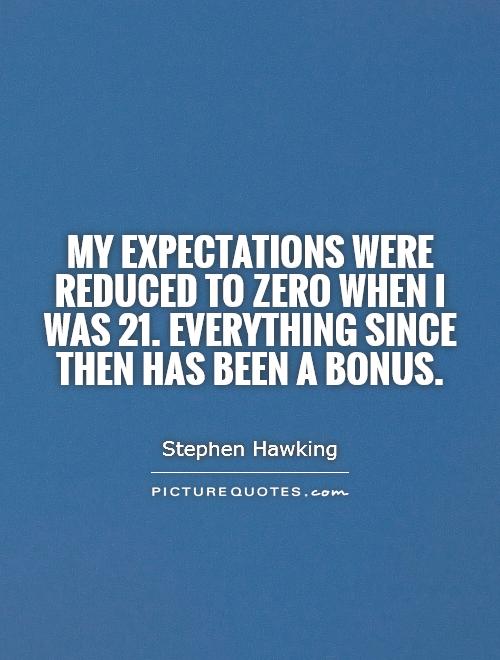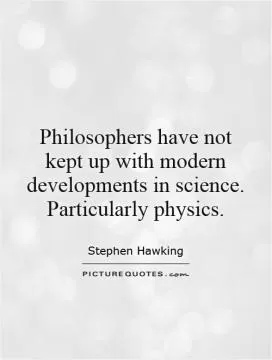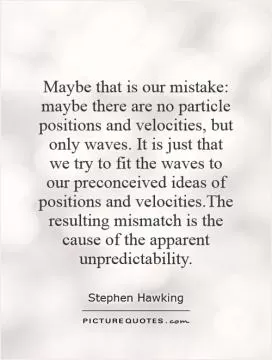My expectations were reduced to zero when I was 21. Everything since then has been a bonus

My expectations were reduced to zero when I was 21. Everything since then has been a bonus
Stephen Hawking, the renowned theoretical physicist and cosmologist, uttered these words in an interview with The New York Times in 2004. At the age of 21, Hawking was diagnosed with amyotrophic lateral sclerosis (ALS), a debilitating motor neuron disease that gradually paralyzed him and left him unable to speak. Despite this devastating diagnosis, Hawking refused to let his condition define him or limit his potential. Instead, he embraced his circumstances and continued to pursue his passion for science and exploration.Hawking's statement reflects his remarkable resilience and determination in the face of adversity. Rather than succumbing to despair or self-pity, he chose to focus on the opportunities and possibilities that still lay before him. By accepting his limitations and adjusting his expectations, Hawking was able to approach life with a sense of gratitude and appreciation for the moments of joy and fulfillment that came his way.
Throughout his life, Hawking defied the odds and achieved extraordinary success in his field. Despite his physical limitations, he made groundbreaking contributions to our understanding of the universe, particularly in the areas of black holes, cosmology, and the nature of time. His work revolutionized the field of theoretical physics and inspired countless individuals around the world to pursue their own passions and dreams.
Hawking's words serve as a powerful reminder that our circumstances do not have to dictate our outlook on life. By embracing a mindset of gratitude and resilience, we can find beauty and meaning in even the most challenging situations. Hawking's life is a testament to the power of perseverance, curiosity, and the human spirit to overcome obstacles and achieve greatness.












 Friendship Quotes
Friendship Quotes Love Quotes
Love Quotes Life Quotes
Life Quotes Funny Quotes
Funny Quotes Motivational Quotes
Motivational Quotes Inspirational Quotes
Inspirational Quotes